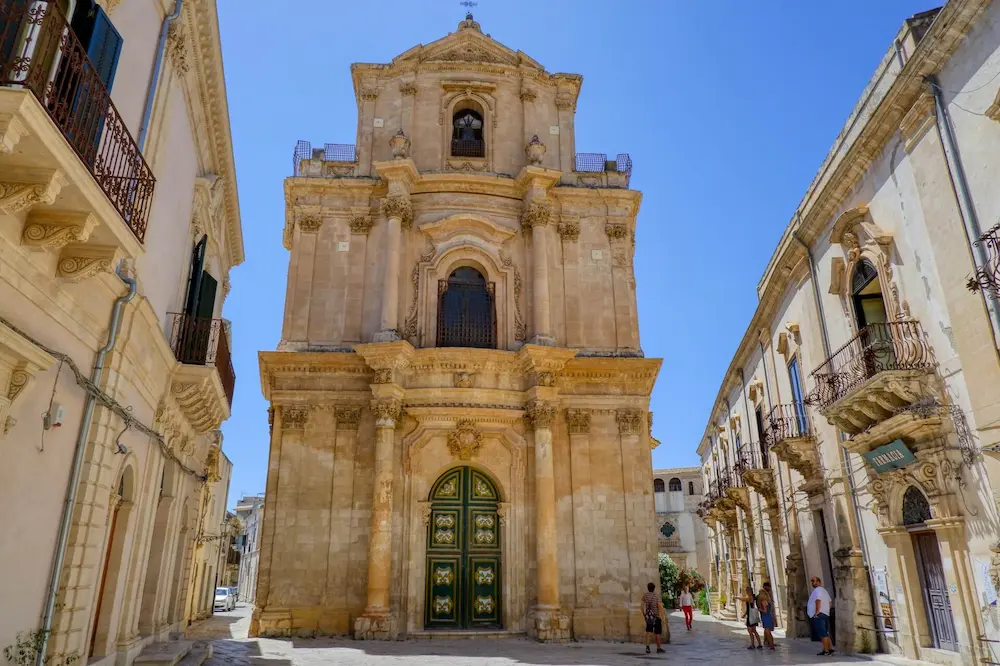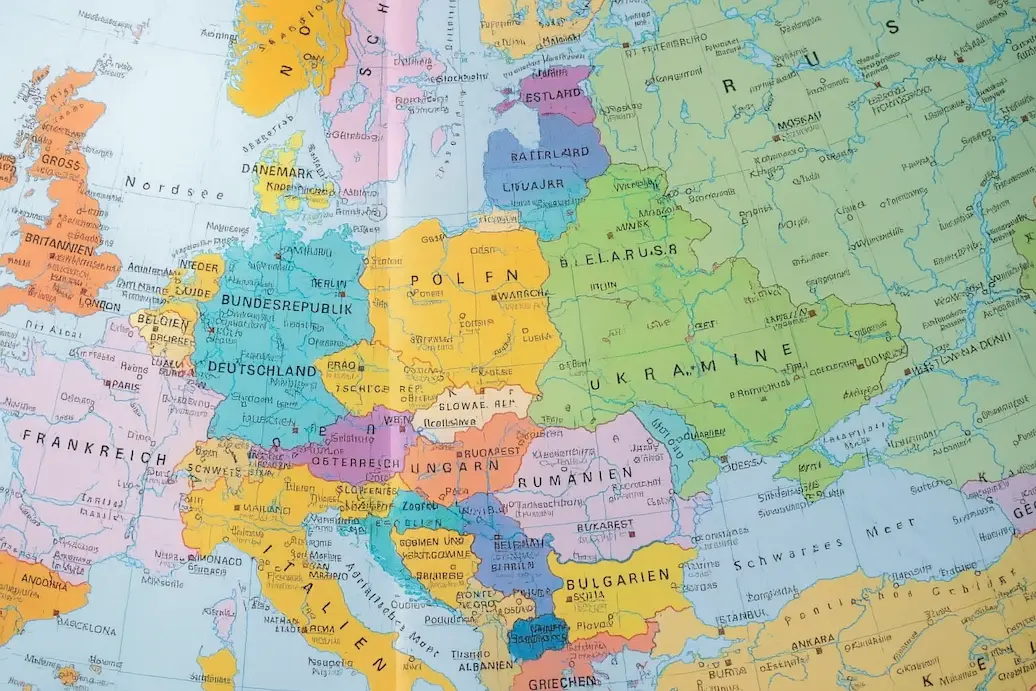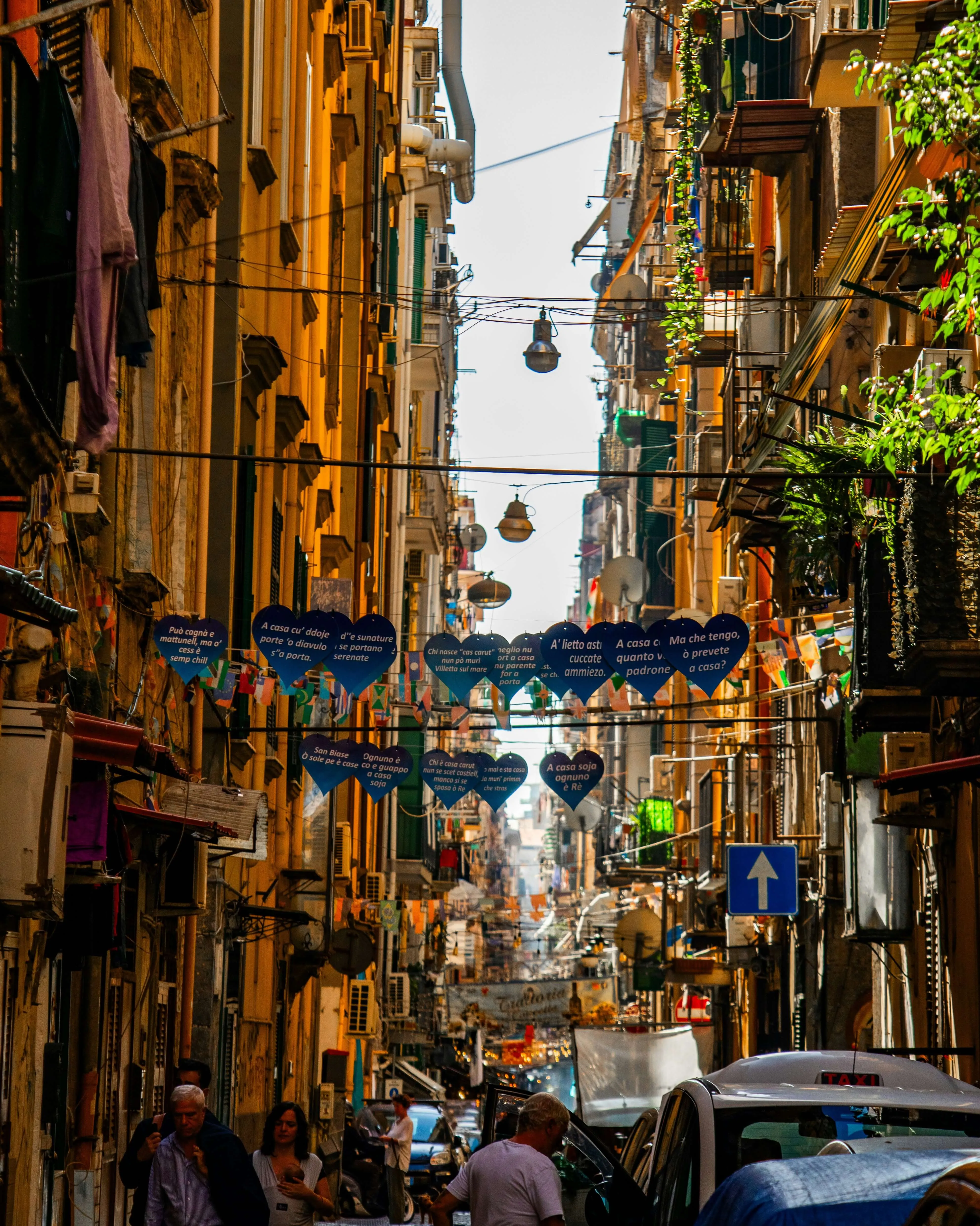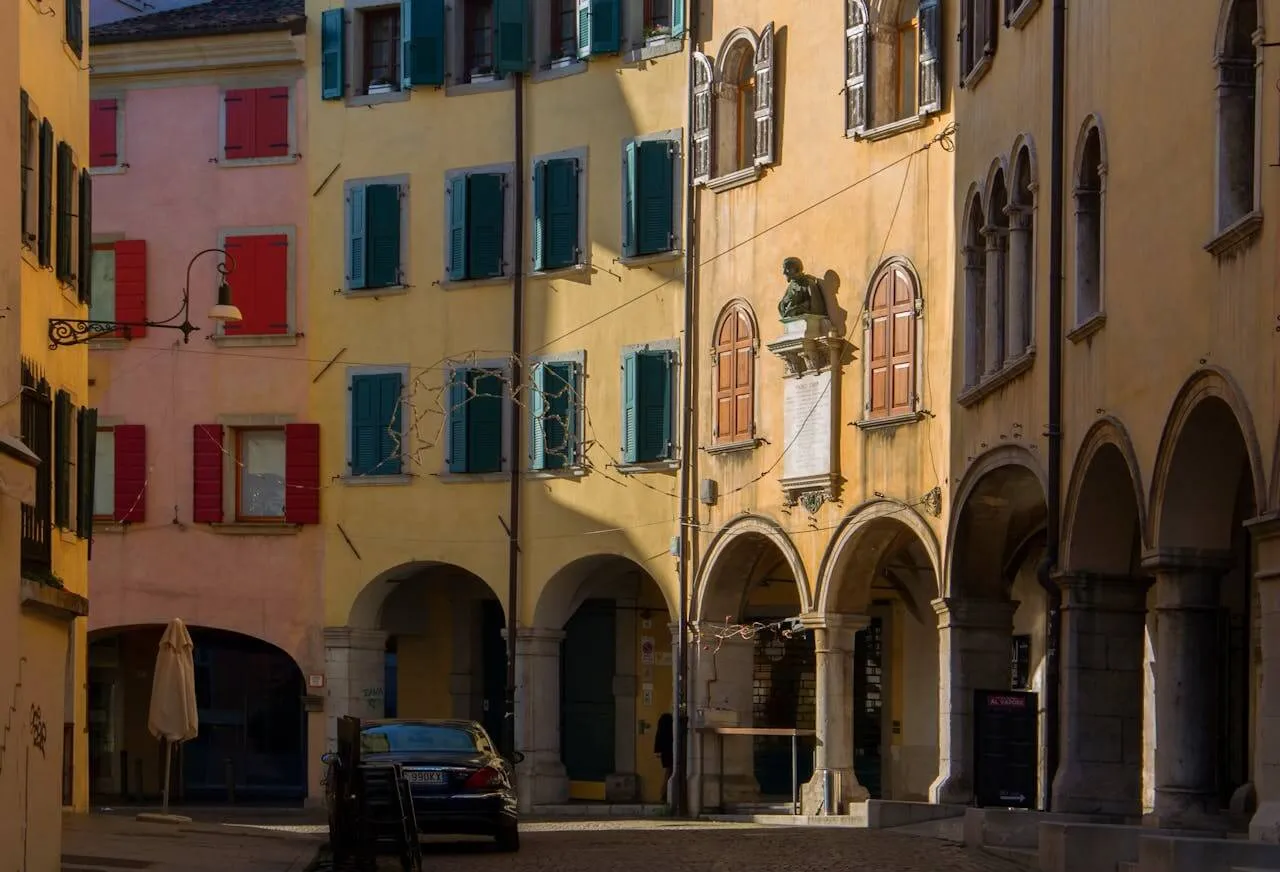
Tuscan is the language of the beautiful region of Tuscany and is not only a dialect but also the language on which modern Italian is based
Sicilian is more than just a dialect, it’s a living language that reflects the depth and complexity of Sicily’s rich history

Spoken by around five million people both on the island and in Sicilian communities abroad, the Sicilian language reflects the many cultures that have influenced Sicily over the centuries.
Like all Italian local languages, Sicilian is spoken more in everyday life than in formal contexts, and it is more commonly used in rural areas than in urban centers. It is considered one of the languages most different from standard Italian, making it one of the most challenging to understand.
Sicilian also has its own grammar, with distinct verb conjugations and tenses, its own vocabulary, and its own pronunciation characterized by the frequent use of double consonants, such as dd, cc, or gg.
Sicily’s strategic location in the Mediterranean made it a crossroads of civilizations, and the Sicilian language is the result of centuries of cultural blending. First came the Greeks, who founded many cities on the island. Then came the Romans, who brought Latin, the base of both Sicilian and standard Italian. Later, the Arabs, Normans, and Aragonese also left their mark.
For example, one Sicilian word for island, gisira, is derived from the Arabic word jazira. Other examples include the typical Sicilian word carusu (boy or young man), which probably derives from the Greek kóros, meaning the same thing, though some people say it comes from the Latin carus (dear). Another word, ajeri (yesterday), comes from the Spanish ayer.
Sicilian is far from uniform. From Palermo to Catania, and from Trapani to Messina, every region—and often every town—has its own variation. Some dialects are so distinct that people from opposite ends of the island might struggle to fully understand each other.
A fun example of this diversity is the famous rice ball dish known as arancino. In Catania and much of eastern Sicily, it’s masculine and ends in -o (arancino), while in Palermo and western Sicily, it’s feminine and ends in -a (arancina).
Want to sound like a local? Here are some of the most common Sicilian greetings and expressions:
| Sicilian Phrase | Italian | English Meaning |
|---|---|---|
| Pi favuri | Per favore | Please |
| Ciau | Ciao | Hello / Goodbye (informal) |
| Buongiornu | Buongiorno | Good day / Good morning |
| Comu va? / Comu stai? | Come stai? | How are you? |
| Staju bonu / bonu | Sto bene, grazie | I’m good, thanks |
| Vivu a Palermu, e tu? | Vivo a Palermo, e tu? | I live in Palermo, and you? |
| Nun lu sacciu | Non lo so | I don’t know |
| Grazzi | Grazie | Thank you |
| Di unni si? | Di dove sei? | Where are you from? |
| Sugnu di… | Sono di… | I’m from… |
| Nni videmu / Salutamu | Arrivederci | Goodbye |
Sicily is a beautiful island with its own special language and expressions. Some Sicilian words have become popular even outside Sicily and are sometimes used in regular Italian. These words often convey emotions, feelings, or ways people speak with friends and family. Here are some of the most famous Sicilian words and their meanings.
Amunì! is an informal expression used to motivate others. It’s often said to show enthusiasm, encouragement, or a friendly push to get moving. You can use it when suggesting an activity or urging someone not to hesitate. It can be translated as Let’s go! or Come on! in English.
Amunì a cuccàre (Let’s go to sleep)
Picciriddu is a very sweet word Sicilians use for a child, especially a boy. The word literally means small one. There is also a feminine version, picciridda, which is used for a girl. People often say these words with love and care. It is similar to saying little one or baby in English.
Compa is short for compare or compadre. It is used to address a very close friend or someone you trust a lot. You can call your best friend Compa to show friendship and respect. It is similar to saying buddy or pal in English.
Picciotto and Carusu are words used for a young boy or young man. You might hear these words in famous films like Il Padrino (The Godfather). Like picciriddu, picciotta is the feminine form used for girls. The word Carusu was also used historically to describe teenagers or children who worked in mines, especially sulfur mines.
Assai is a small but powerful word. It means a lot or very much. People use it to express strong feelings. For example, if you really like something, you can say Mi piaci assai!, which means I like you a lot! or I really like it!”
Minchia! is a very strong word in Sicilian. People say it when they are surprised, shocked, frustrated, or amazed. It is common in everyday speech in Sicily, but you should be careful because it can be considered rude or vulgar in some situations. It is like a strong exclamation in English, similar to saying Wow! or a stronger word depending on the context.
Sicily has a rich literary tradition, and some of its most famous writers chose to write not only in Italian but also in Sicilian. Their works help preserve the language and its unique expressions while sharing Sicilian culture with the world.
One of the most celebrated authors is Andrea Camilleri, famous for his Inspector Montalbano series. Although most of his novels are in Italian, Camilleri often included Sicilian words and phrases, bringing the local flavor of Sicily to his stories. Another iconic figure is Luigi Pirandello, the Nobel Prize-winning playwright and novelist. Pirandello wrote poetry and plays in Sicilian, capturing the rhythms, humor, and emotions of the Sicilian people in his works.

Tuscan is the language of the beautiful region of Tuscany and is not only a dialect but also the language on which modern Italian is based

When people talk about the hardest languages to learn, Chinese is often the first that comes to mind. But it's not that simple

Neapolitan is much more than just a dialect; it’s a language full of history, passion, and the culture of an entire city

Italy is renowned for its rich mosaic of regional languages and dialects, but few are as interesting as Friulian, or Furlan

Italy is a country with many different languages and dialects. One of these is Lombard, spoken in Lombardy and in Milan